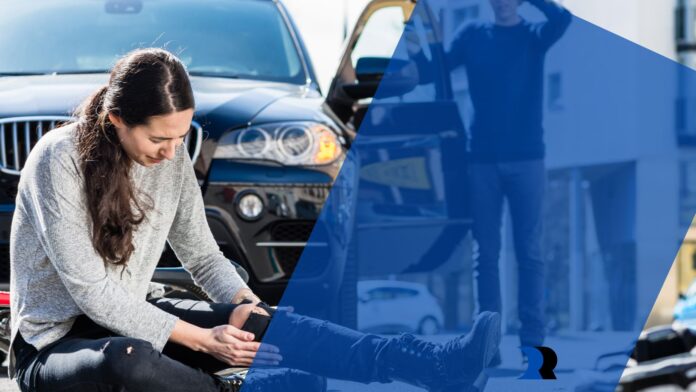In many bicycle crashes, it’s the cyclist’s word against the driver’s; unless a witness comes forward. A lawyer for bicycle accident cases knows how to locate witnesses, preserve their statements, and use testimony to support your claim. This article highlights the vital role of bystanders in proving liability.
The Importance of Witness Testimony in Cyclist Injury Lawsuits
Corroborating Evidence
Witness testimony plays a pivotal role in cyclist injury lawsuits by offering corroborating evidence. When an accident occurs, the scene may be chaotic, and details can become muddled in the heat of the moment. Witnesses can provide an unbiased account of what transpired, helping to clarify the sequence of events. This testimony can confirm the cyclist’s version of events or dispute any inaccuracies in the driver’s account. In essence, witnesses help reconstruct the accident with greater accuracy, lending credibility to the claims of either party involved.
Establishing Liability
In legal proceedings, determining fault is central to a successful claim. Witnesses can significantly influence this determination by providing observations that capture the behavior of both the cyclist and the driver. For instance, a witness might note if the driver was speeding or if the cyclist ignored a traffic signal. Such insights are invaluable in establishing liability in a courtroom setting.
An observer’s statement can tip the scales of justice by highlighting negligent actions that contributed to the accident.
Enhancing Case Persuasiveness
The persuasiveness of a case often hinges on the narratives presented. Witnesses add depth to these narratives, painting a vivid picture of the incident that resonates with judges and juries alike. Their testimonies can evoke empathy by humanizing the cyclist, emphasizing the impact of the injury beyond mere physical harm. This emotional connection can be crucial in swaying the outcome of the lawsuit, potentially leading to a favorable settlement or judgment.
Finding and Preserving Witness Statements: A Lawyer’s Role
Locating Witnesses
In the aftermath of a cycling accident, identifying potential witnesses is a crucial first step in building a strong legal case. Lawyers adeptly navigate this process by employing a combination of traditional methods and modern technology. They may interview individuals present at the scene, canvass the area for anyone who might have observed the incident, and review surveillance footage from nearby businesses or traffic cameras. By casting a wide net, attorneys work to ensure no vital testimony goes unnoticed.
Preserving Testimony
Once witnesses are identified, the lawyer’s role shifts to preserving their statements, which can be pivotal in clarifying the sequence of events. Attorneys understand the importance of capturing these accounts promptly before memories fade or details become unclear.
This is often achieved through recorded interviews or written affidavits, ensuring the integrity and accuracy of the testimony. Moreover, legal professionals take care to maintain a respectful and empathetic approach to encourage witnesses to share their experiences honestly and freely.
Utilizing Witness Statements in Court
The effectiveness of witness testimony in court often hinges on how well it is presented. Lawyers are skilled in weaving these statements into a cohesive narrative that supports the cyclist’s claims, highlighting discrepancies or corroborating evidence that strengthens the case. By expertly questioning witnesses during depositions and trials, attorneys can clarify details, counter opposing arguments, and build a compelling argument for liability. This strategic use of witness testimony can significantly impact the outcome of a lawsuit, often tipping the scales in favor of the injured cyclist.
Final Thoughts
In the intricate landscape of cyclist injury lawsuits, witness testimony emerges as a pivotal element that can significantly influence the outcome of your case as a lawyer for bicycle accidents. As you navigate the complexities of legal proceedings, the corroboration provided by impartial witnesses can fortify your claims and counteract opposing narratives. By understanding the indispensable role witnesses play and leveraging their accounts effectively, you enhance your prospects for a favorable resolution.


